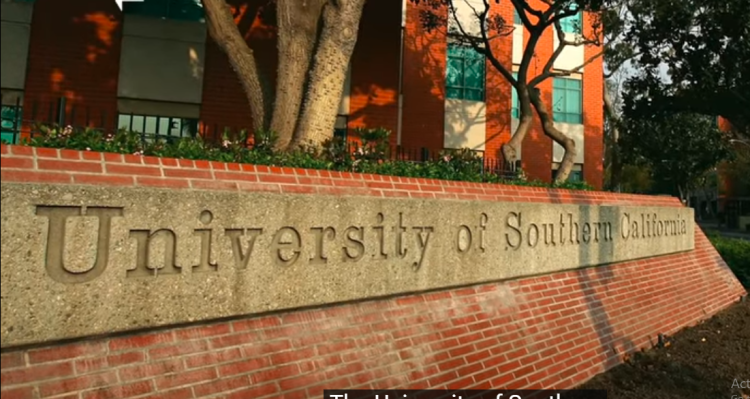In the hallowed halls of academia, integrity is the cornerstone of scholarly pursuits. The C.W. Park USC lawsuit has spotlighted the importance of upholding these values, presenting a narrative that intertwines legal complexities with the quest for truth and justice. This article delves into the intricate details of the case, unraveling the layers of academic misconduct, discrimination, and the resilience of an individual standing against institutional shortcomings.
The Genesis of the Dispute
Dr. C.W. Park, a revered figure in marketing academia, found himself embroiled in a legal tussle with the University of Southern California. The lawsuit, which surfaced amidst allegations of academic misconduct and discrimination, has become a touchstone for discussions on ethical practices within educational institutions.
Allegations at the Forefront
Central to the lawsuit are Dr. Park’s allegations, which accuse specific individuals at USC of data manipulation and intellectual property theft. These claims strike at the heart of academic ethics, raising questions about the measures to safeguard intellectual honesty.
Discrimination and Retaliation: A Dual Blow
The suit also highlights issues of discrimination and retaliation, with Dr. Park asserting that his race and national origin were factors in the unfair treatment he received. The hostile work environment he describes paints a concerning picture of the challenges those who dare to speak out against perceived injustices face.
Institutional Response: Action or Inaction?
USC’s response to the allegations has been scrutinized, with critics pointing to a possible failure to adequately address the grievances. The lawsuit underscores the need for robust institutional oversight and the consequences of its absence.
Legal Labyrinth: The Journey So Far
The legal proceedings of the C.W. Park USC lawsuit have seen multiple developments, with each twist and turn adding to the case’s complexity. This section provides a timeline of events and examines the critical legal arguments presented by both parties.
Beyond the Courtroom: Implications for Higher Education
The repercussions of the lawsuit extend beyond the confines of the courtroom, prompting a reevaluation of policies and practices within academia. This segment explores the broader impact of the case on university culture and the safeguarding of academic integrity.
Conclusion: The Path to Redemption
In conclusion, the C.W. Park USC lawsuit is a testament to the resilience of individuals fighting for justice in the face of adversity. It is a call to action for educational institutions to prioritize transparency and accountability, ensuring that the pillars of academic integrity remain unshaken.
FAQs: C.W. Park USC lawsuit
1. What is the C.W. Park USC lawsuit about?
The C.W. Park USC lawsuit involves allegations of sexual assault and harassment against Choong Whan Park, a former tenured professor at the University of Southern California’s Marshall School of Business. A former student, Yi Youn Kim, filed the lawsuit accusing Park of engaging in non-consensual sexual advances and inappropriate behavior over three years.
2. Who is Choong Whan Park?
Choong Whan Park, also known as C.W. Park, was a professor of marketing at USC’s Marshall School of Business. He was hired by the university in 1997 and served as the director of the Global Branding Center. Park retired from USC amidst misconduct allegations at the end of the spring 2021 semester.
3. What are the allegations against Choong Whan Park?
The lawsuit accuses Park of sexually assaulting and harassing Yi Youn Kim, a former student assistant who directly reported to him. Kim claims that Park made non-consensual sexual advances and engaged in inappropriate behavior, creating a hostile work environment. The lawsuit also alleges that Park targeted female Korean student assistants for harassment and discrimination.
4. What is USC’s involvement in the lawsuit?
USC was named a defendant in the lawsuit and is accused of discrimination and negligence in supervising Park. The university denied the allegations, stating it did not commit the acts as claimed. However, the lawsuit raises questions about USC’s handling of misconduct complaints and its duty to protect students from harassment.
5. What actions have been taken in response to the lawsuit?
Following Kim’s formal complaint, USC initiated an internal investigation, during which multiple other women of Korean descent reportedly came forward with similar allegations against Park. The lawsuit underscores the need for cultural change within academic institutions and highlights the importance of robust oversight mechanisms to prevent similar incidents in the future.

